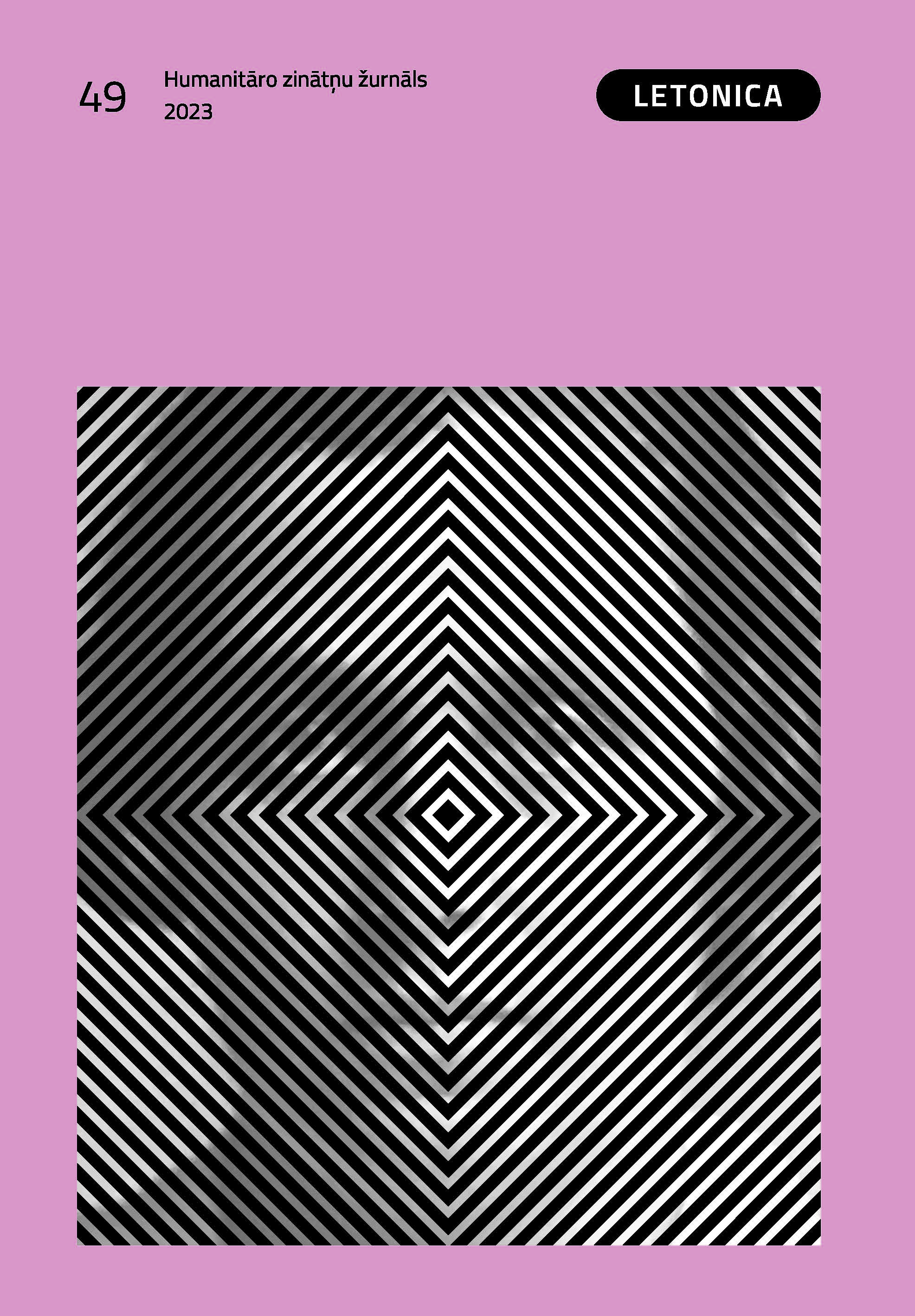Female Managers of Social Care Institutions in Riga: the Case of Minority Asylums (1918–1940)
Female Managers of Social Care Institutions in Riga: the Case of Minority Asylums (1918–1940)
Author(s): Anastasija SmirnovaSubject(s): Social history, Gender history, Social differentiation, Interwar Period (1920 - 1939)
Published by: Latvijas Universitātes Literatūras, folkloras un mākslas institūts
Keywords: social care history; municipality of Riga; social policy; female agency; minority studies;
Summary/Abstract: One of the features of the Social Welfare Department of the interwar Riga Municipality was the division of the inmates of social welfare institutions according to national and religious affiliation, which was a legacy of the asylums founded in the 19th century. The article is based on the biographies of three female managers of the Riga municipality’s minority asylums for the disabled: Baltic Germans Emilia Tiedeman (1880–?) and Emma Goerke (1865–?) – and also Latvian Orthodox, who managed a Russian asylum, Eizhenia Arent (1871–1939) and their career path to higher positions in the Social Welfare Department of the Riga Municipality. Although 81% of the staff in the Social Welfare Department of the Riga Municipality were women, most of them were employed in lower positions than male colleagues and very few women were managers of children and disabled persons’ shelters in social care institutions. Minority women, unlike Latvian women, were even less likely to become managers of social care institutions. The common trend among both Latvian and minority women was that men were more often appointed as managers of children’s shelters. For the three women, analysed in the article, the focus on social care work was a continuation of family tradition, most often the work of the husband after his death.
Journal: Letonica
- Issue Year: 2023
- Issue No: 49
- Page Range: 40-63
- Page Count: 24
- Language: English

